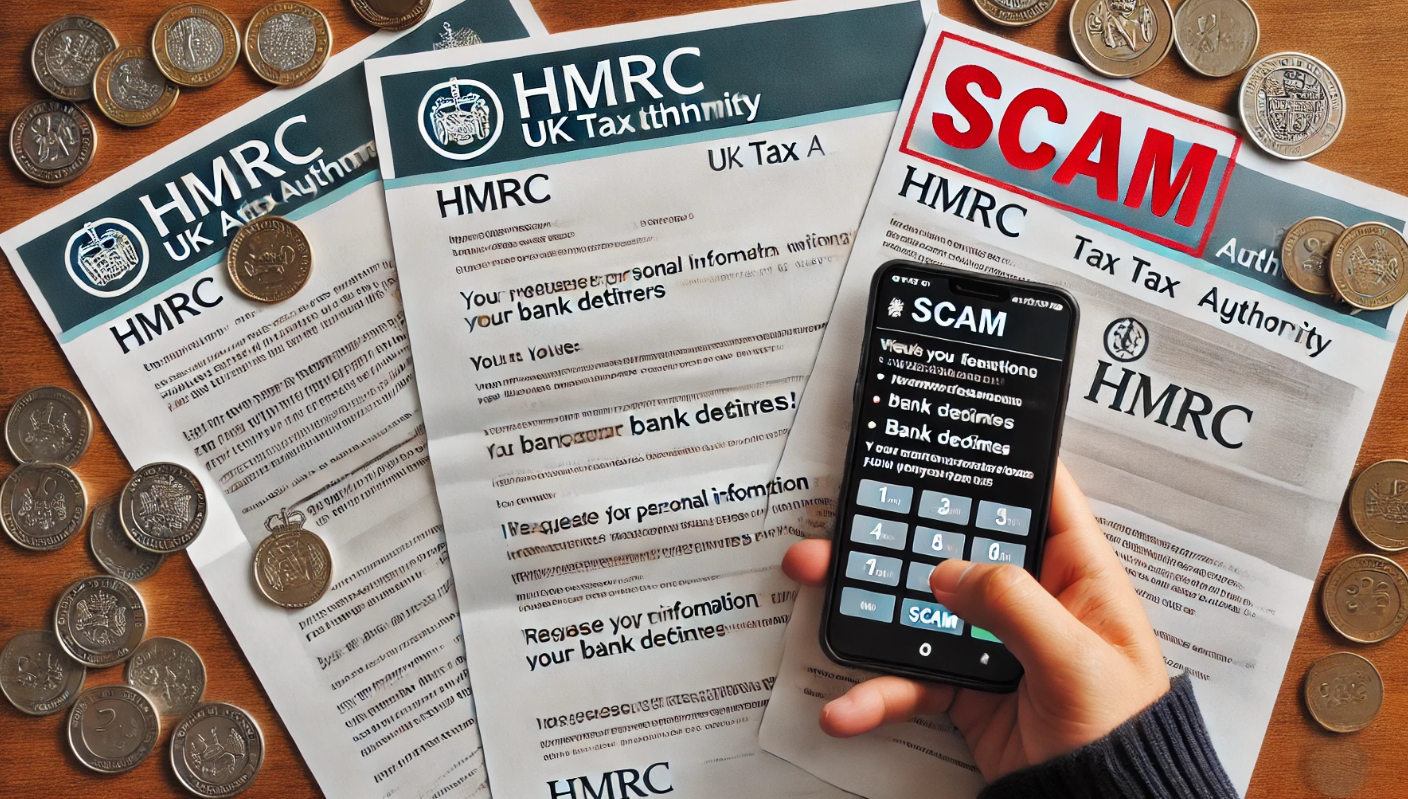Beware of the Latest Fake HMRC Tax Refund Scam Targeting UK Residents
Scam alert for all UK residents: fraudsters are ramping up efforts with a new wave of phishing scams impersonating HM Revenue & Customs (HMRC). These fake tax refund emails are tricking thousands of people each month, aiming to steal sensitive personal and financial information. It’s more important than ever to know how these scams work and how to protect yourself.
How the Scam Works
The scammers send emails that appear very official, often using the HMRC logo and similar formatting to real HMRC communications. The emails typically claim you are eligible for a tax refund or rebate and urge you to act quickly by clicking on a link or downloading an attachment. Some versions of the scam also threaten fines or legal action if you don’t respond promptly.
When you click the link, you’re taken to a fake website that mimics the official HMRC site. Here, you may be asked to enter your bank details, National Insurance number, or personal information. This data is then captured by criminals who use it for identity theft, emptying bank accounts, or committing other fraudulent activities.
Why This Scam is Effective
The scam exploits common anxieties around money and government payments, especially as tax refunds are genuine in many cases. Many people are unfamiliar with how HMRC communicates and may believe the scam email is legitimate, especially when it looks official.
How to Protect Yourself
- Do not click on any links or open attachments from unexpected or suspicious emails.
- HMRC never sends emails requesting personal or payment information. Any official correspondence is typically done by post or through your personal online tax account.
- Always verify any claim of a refund or fine by logging directly into your official HMRC account via https://www.gov.uk/hmrc.
- Use strong, unique passwords on all accounts and enable two-factor authentication where possible.
- Keep your computer and smartphone security software up to date.
What to Do If You Suspect You’ve Been Targeted
- Report suspicious emails to HMRC by forwarding them to phishing@hmrc.gov.uk.
- Report fraud or cybercrime to Action Fraud immediately.
- Contact your bank right away if you think your financial details have been compromised.
- Consider monitoring your credit report regularly for unusual activity.
Other Common HMRC Scams to Watch Out For
Besides the fake tax refund scam, be aware of calls or messages demanding immediate payment for alleged tax debts, fake penalty notices, or requests to pay via unusual methods like gift cards or cryptocurrency. HMRC will never ask for payment in this way.
Stay Updated and Spread the Word
Fraudsters are constantly evolving their tactics, so staying informed is your best defense. Follow trusted sources such as the National Cyber Security Centre, Action Fraud, and HMRC’s official updates.
Help protect your friends and family by sharing information about this scam. Awareness is the first step in preventing fraud.
Remember: Always question unsolicited communications, especially those asking for personal details or money. Protect yourself by staying alert and verifying official sources.
If you or someone you know has experienced this scam, please share your story in the comments below to help others stay safe.
